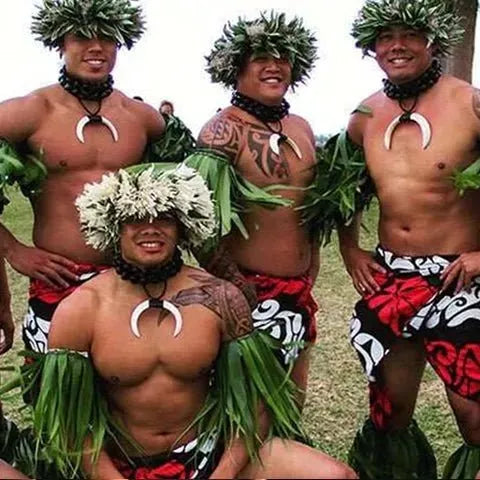
A different perspective: Mahu Culture

| After the latest RPDR season 15 winner Sasha Colby was crowned, and Rep. Jill Tokuda giving a speech congratulating her on her win and honoring Hawaiian Mahu Trans culture, let’s dive a bit deeper into what Mahu culture is about! |
Mahu is a term used in traditional Hawaiian culture to refer to individuals who exhibit traits and behaviors traditionally associated with both men and women. Mahu individuals have played important roles in Hawaiian society for centuries, often serving as healers, caregivers, and cultural intermediaries.
For many in the LGBT community, the Mahu culture in Hawaii represents a unique and powerful example of gender and sexual diversity. Mahu individuals are celebrated for their unique identities and contributions to Hawaiian culture, and they have served as a source of inspiration and empowerment for many LGBT people.

One example of the influence of Mahu culture on the LGBT community is the annual Mahu Festival in Honolulu. The festival celebrates the diverse and vibrant Mahu community in Hawaii, with events such as music performances, dance competitions, and cultural workshops. The festival is a celebration of Mahu culture and its importance to Hawaii, and it also provides a space for LGBT people to come together and celebrate their identities.

Another example of the influence of Mahu culture on the LGBT community is the way in which it challenges traditional Western understandings of gender and sexuality. Mahu individuals do not necessarily conform to Western categories of "gay," "lesbian," "bisexual," or "transgender," and their identities are rooted in Hawaiian tradition and spirituality.
For many in the LGBT community, this offers a valuable perspective on the possibilities for gender and sexual expression beyond Western norms. Mahu culture shows that there are many ways to express one's gender and sexuality, and that these expressions can be deeply rooted in culture and tradition.
But Mahu culture also faces challenges in today's world. The imposition of Western gender norms and the legacy of colonization have led to a decline in Mahu culture in some parts of Hawaii. Some Mahu individuals have been forced to hide their identities or face discrimination and violence.

Despite these challenges, the Mahu culture in Hawaii remains an important example of gender and sexual diversity. It provides a model for LGBT people around the world who are looking for ways to express their identities outside of traditional Western norms.
So, the next time you're in Hawaii, take some time to learn about Mahu culture and the important role it plays in the LGBT community. Whether you're a member of the LGBT community or an ally, Mahu culture offers a powerful example of the possibilities for gender and sexual expression, rooted in tradition, culture, and community.











1 Comment
I’m impressed, I must say. Seldom do I encounter a blog that’s equally educative and engaging, and let me tell you, you’ve hit the nail on the head. The problem is something too few people are speaking intelligently about. I’m very happy that I stumbled across this during my hunt for something concerning this.